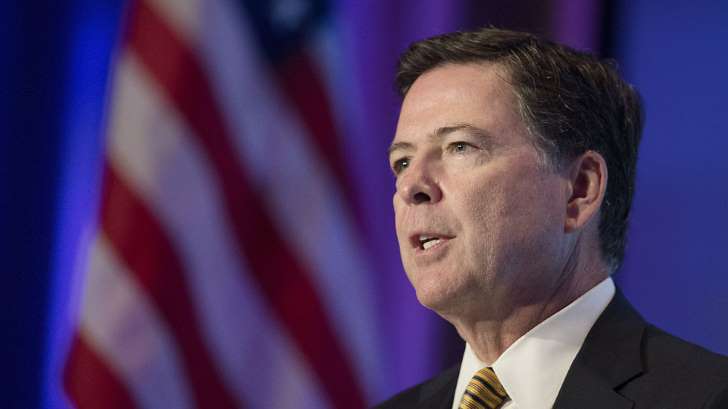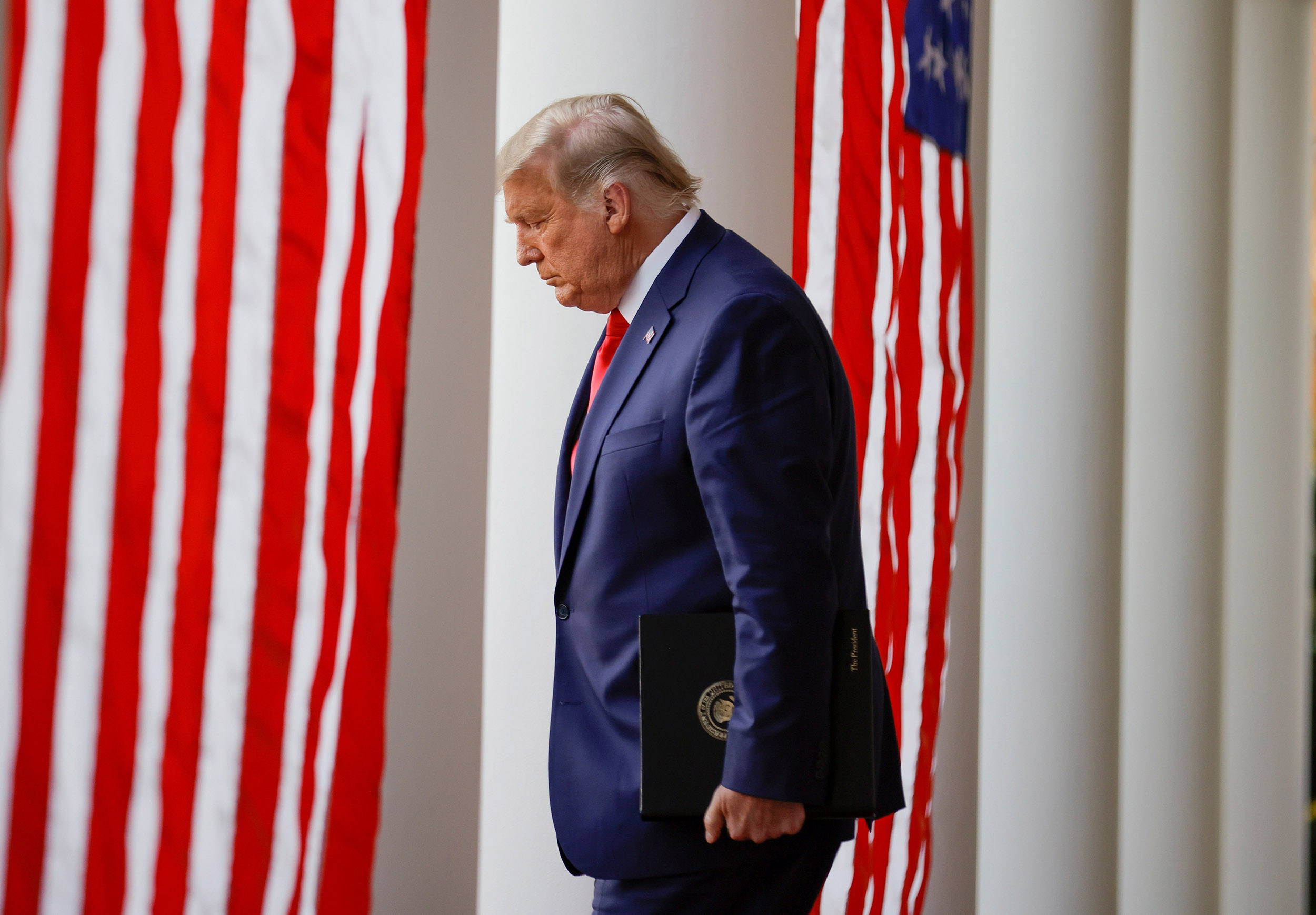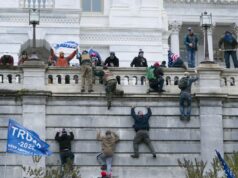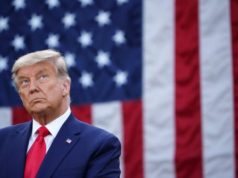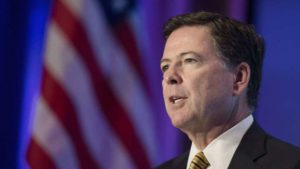 Six weeks since Hillary Clinton’s surprise loss in the presidential election, FBI Director James Comey is under pressure to justify the bombshell announcement that rocked the final days of the campaign.
Six weeks since Hillary Clinton’s surprise loss in the presidential election, FBI Director James Comey is under pressure to justify the bombshell announcement that rocked the final days of the campaign.
Democrats, still smarting from the Nov. 8 loss, have lashed out at Comey as the architect of Clinton’s defeat.
“James Comey cost her the election,” former president Bill Clinton has said.
Outgoing Senate Minority Leader Harry Reid (D-Nev.) has accused the once-unassailable director of being a “Republican operative” who helped Donald Trump win the White House.
Now, speculation has begun to swirl that Comey will publicly address the charges of partisanship.
Several former FBI officials told The Hill they had heard Comey is now weighing a possible press appearance after Trump is inaugurated on Jan. 20 to tell his side of the story.
The FBI declined to comment for this report.
Eleven days before the election, Comey shocked the political world with a letter informing Congress that investigators had discovered new emails that could be relevant to its probe, then considered completed, of Clinton’s private email server while she was secretary of State.
Comey for months passionately defended the integrity of the probe – first against Republicans when he declined to recommend charges against Clinton in the first place, and more recently against Democrats and internal critics who said that his eleventh-hour disclosure unfairly damaged Clinton.
The 6-foot-8 former prosecutor has made very few media appearances over the course of his career – he did sit for a “60 Minutes” interview in 2014 – but he has been forced into the harsh glare of camera lights throughout the past year.
He was thrust into the spotlight after Attorney General Loretta Lynch sparked outrage by meeting with Bill Clinton before the conclusion of the investigation this summer – a meeting they described as social – forcing her to announce that she would abide by whatever recommendation Comey made in the case.
Comey was then extraordinarily public with the FBI’s reasoning in declining to recommend charges against Clinton, holding a detailed press conference announcing its conclusions and later appearing before Congress in an open setting multiple times.
But he has been notably silent since his Oct. 28 letter to Congress.
Democrats, appalled by the fallout from his letter to Congress, have argued that Comey’s unprecedented disclosure in the final days leading up to the election was a massive break from bureau policy that blunted Clinton’s path to the White House. They say that although the FBI announced two days before the election that the new emails would not change its conclusions in Clinton’s case, the damage was done.
Critics hammered Comey’s vague letter for igniting a firestorm of speculation that the new emails contained a “smoking gun” – without providing any substantive information for voters to judge.
“Today’s disclosure might be worst abuse yet. DOJ goes out of its way to avoid publicly discussing investigations close to election,” former Justice Department spokesman Matthew Miller said in a Twitter storm at the time. “This might be totally benign & not even involve Clinton. But no way for press or voters to know that. Easy for opponent to make hay over.”
Trump did in fact run with Comey’s announcement on the campaign trail, repeatedly telling supporters that the emails must contain something truly damning.
“I have a feeling those emails are going to be- whoa, there are going to be some beauties in there. Can you imagine? She’s been deleting all the time, deleting,” he said at a Florida rally shortly after the announcement.
Clinton herself has since told donors that she believes Comey’s disclosure, “raising doubts that were groundless, baseless, proven to be, stopped our momentum.”
It’s unclear how much of an effect the last-minute news had at the ballot box, but Trump’s narrow win in a number of battleground states and Clinton’s lead in the popular vote tally are giving fuel to those who say her loss could have been avoided.
One of Trump’s pollsters, veteran political strategist Tony Fabrizio, said just five counties made the difference: four in Florida and one in Michigan.
And post-election analysis from data guru Nate Silver and others has suggested that some voters shifted to Trump in the final weeks of the election, though he notes that the analysis is not cause-and-effect.
Comey himself was aware of the risks associated with the late October missive. In an internal memo to FBI employees, he acknowledged that “there is significant risk of being misunderstood.”
“We don’t ordinarily tell Congress about ongoing investigations, but here I feel an obligation to do so given that I testified repeatedly in recent months that our investigation was completed,” Comey wrote. “I also think it would be misleading to the American people were we not to supplement the record.”
Comey has a reputation as a fiercely independent and principled lawman – which some critics say has led him to operate outside of important institutional norms.
Others say Comey had no choice but to inform Congress of the existence of the emails – when he chose to go public with the details of the investigation’s findings over the summer, he pinned himself in a corner when the bureau realized it might have more work to do.
But throughout, Comey has been strident in his defense of probe.
“You can call us wrong, but don’t call us weasels. We are not weasels,” Comey declared during a House Judiciary Committee hearing during which Republicans suggested he had caved to political pressure from above.
“We are honest people and … whether or not you agree with the result, this was done the way you want it to be done.”
Pressure to speak out is mounting as more details have emerged about the circumstances surrounding the discovery of the new emails.
The search warrant used to go through the emails, unsealed Tuesday, confirmed that Comey delivered his letter to Congress two days before the warrant was granted – meaning that investigators didn’t yet know what was in them.
Investigators found emails they thought might be pertinent when they sorted and scanned the header information of messages stored on a laptop seized as part of its investigation of disgraced former Rep. Anthony Weiner.
The former New York congressman was under investigation for allegedly sending sexually explicit messages to a minor. Weiner is married to longtime Clinton aide Huma Abedin, though the two are separated.
Some of the accounts used on the seized computer correlated with those used by Clinton and her aides during her tenure at Foggy Bottom – accounts that investigators had previously concluded had been used inappropriately, the newly released documents show.
The FBI told a federal judge that it believed that was sufficient to show there was probable cause that the computer contained classified information pertinent to the Clinton probe.
Courtesy: MSN

